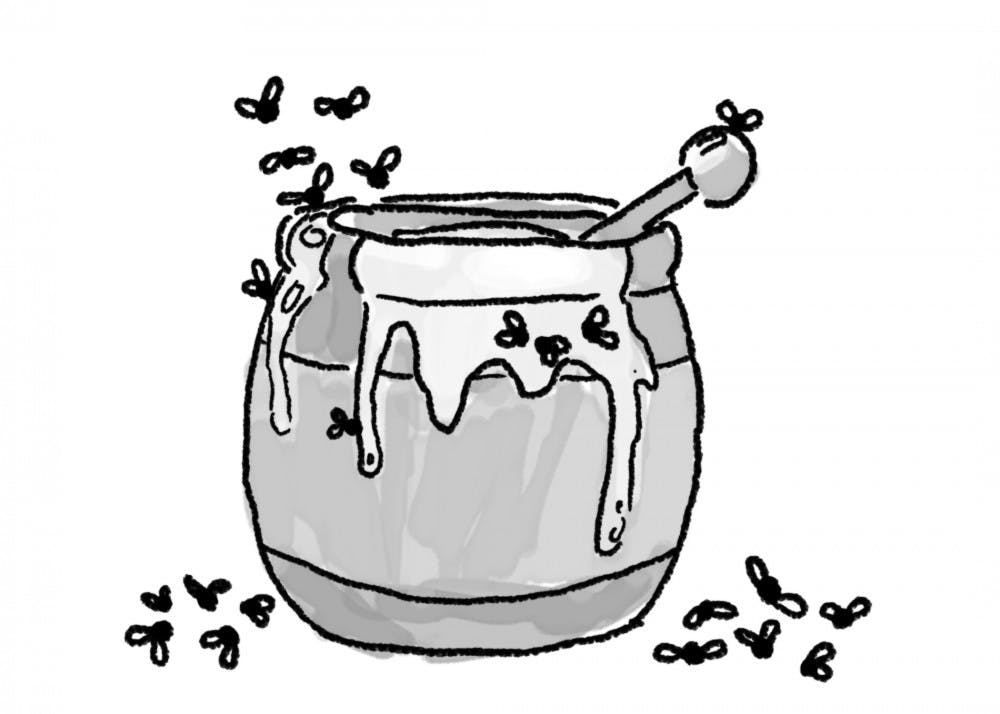Terms of endearment. Cute nicknames. Sweet talk. Call them what you want, but one thing is certain: There’s no amount of respect involved.
Terms such as “honey” and “sweetie” are generally thought of as friendly southern phrases. They are spoken by the smiling waitress taking your order, or the friendly neighbor passing by on the street or the man making small talk with you at the gas station.
However “sweet” it may be, there is something fundamentally wrong with the intention behind using these types of phrases.
Consider the way you would talk to someone of a higher authority than you. Your professor, your parents. Calling them by a name that implies something other than respect would never be accepted. This sort of thinking should be considered in everyday interaction.
This pattern of nicknames is somewhat uncomfortable at times. It can make whoever is addressed feel inferior from the implied imbalance of power, especially if she is a woman.
This behavior should not be accepted, as it promotes the automatic dismissal of someone’s worth. In the past, there has been development in prohibiting sexist terminology in the workplace. An article from BBC notes how sexism in the workplace regarding language is still a prevalent issue, despite the progress that might be in development. However, this discussion should expand to other environments.
Using this type of sexist language in the simplest of situations, such as a party, is still just as damaging as in the workplace or the classroom.
Addressing women differently than you would men supports the idea that they are not as worthy to be addressed in a more respectful way than “honey.”
Language that implies a superior/inferior relationship between those who are involved in the conversation, however small, however passive it may be, is something that should not be acceptable.




